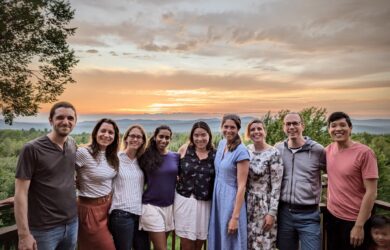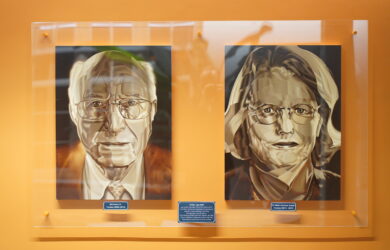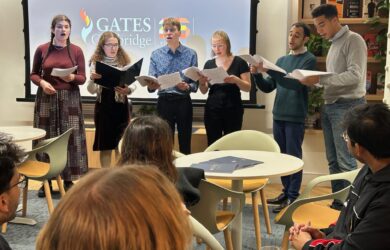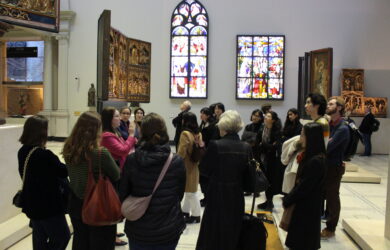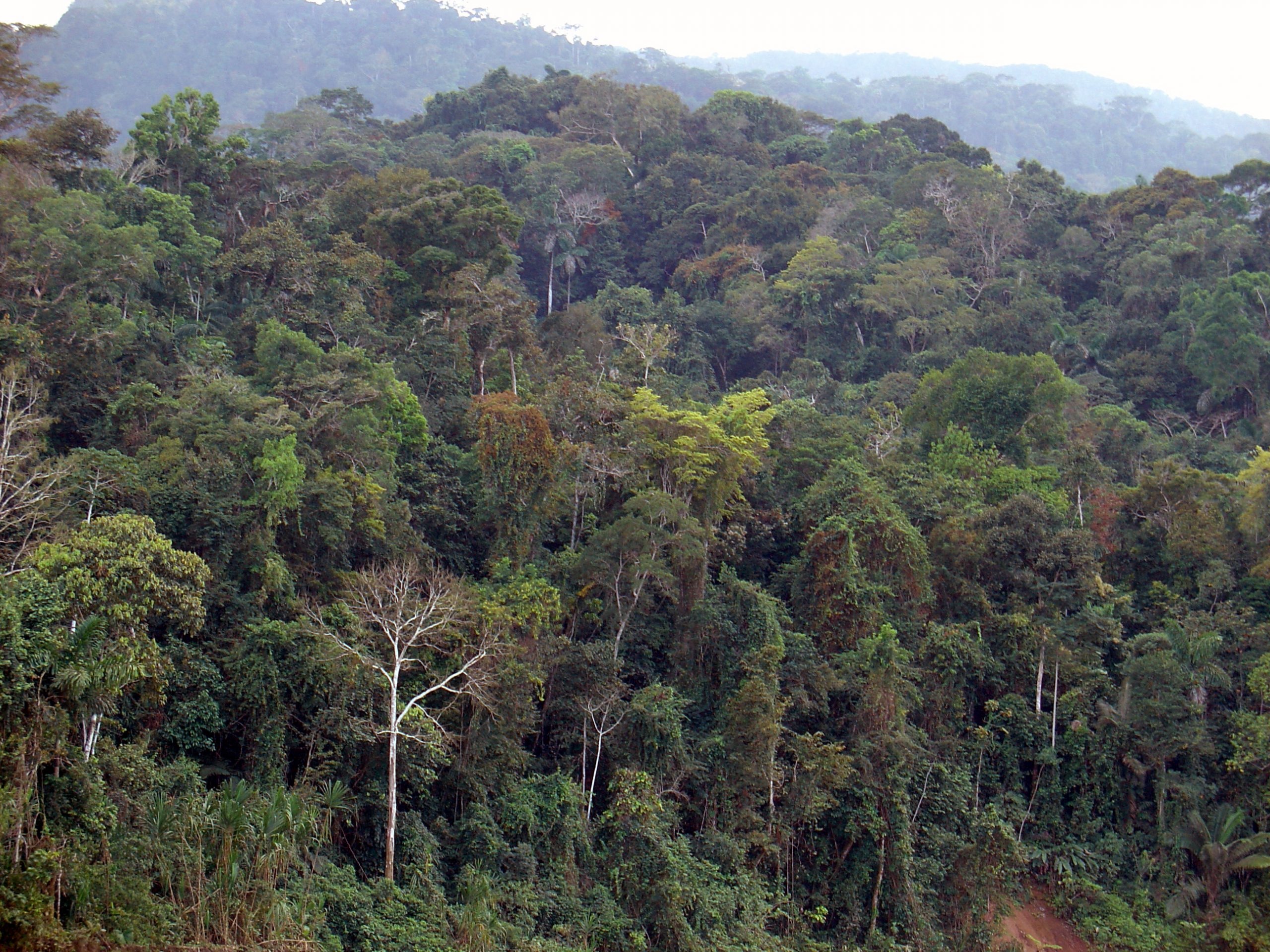
Three Gates Cambridge Scholars will speak about transformative experiences in their lives at event next week.
Three Gates Cambridge Scholars will speak about a range of personal experiences which have had a transformative impact on their lives, from having their research used in the US Presidential elections to working with remote tribes in the Peruvian Amazon and setting up a new religious organisation.
Scholar Stories takes place on 19th October. The speakers are Matthew Samson, Jacqueline Davis and Nathan Hawkins.
Matthew's talk is entitled Ted Cruz, Silicon Valley and my four months at McKinsey. In it he will tell how he became embroiled with the Ted Cruz campaign after he and his supervisor were collaborating with Facebook to access all the data the needed to complete his PhD in Psychology. This involved forecasting millions of Facebook users' personality and happiness from just their public Likes. Matthew [2014] had planned all his analyses, found collaborators and submitted a few abstracts. Then, American primary season arrived. Ted Cruz became a front-runner for the Republican party nomination. The Guardian broke an article on how the forecasting method he was using – and which his supervisor had pioneered – was unwittingly being used by the Cruz campaign to identify possible voters. Facebook then broke its collaboration with Matthew and his supervisor which, he says, meant that "one and a half years of my research was embargoed and later deleted".
His supervisor then announced he was leaving Cambridge for Silicon Valley to monetise the forecasting method. "With no project, no supervisor and a real crisis of conscience I decided it might be time to take that well-trodden path from Cambridge to McKinsey," says Matthew. He did a four-month internship which he says was transformational. "I discovered a fast-paced and impact-orientated work environment, which also happened to be prestigious and promised a big salary. It helped me discover that for some the grass is indeed greener in the corporate world, and that my passion will always be for academia," he says.
Jacqueline [2014], who is doing a PhD in Psychology, will give a talk entitled How to talk to people who are trying to run you out of town with big spears: and other learnings from my time in the world's wild places in which she will discuss the process of organising and carrying out psychology research with remote tribes in the Peruvian Amazon and the Pacific Islands. During the process, she learned how to understand very different points of view after some community leaders were hostile as a result of previous bad experiences with foreigners, how to just relax and be flexible after being stranded in the jungle, how to enjoy the little things after taking part in a shamanic ceremony and evening dance rituals, and how important it is to give back. She says the experience "transformed my world view" and that she uses that now to make her life happier.
Nathan's talk, entitled From holding on, to being held – a journey of faith and doubt, is about the relationship between faith and philosophy. He went through a personal ‘crisis of faith’ a few years ago when questioning many of the beliefs he had held since childhood. Philosophy became the tool of analysis and the result was a faith that was stronger, more robust and ultimately more fulfilling. He will share his story of the transitions he went through during that time as his wife and him left the organised religious institution they were a part of in order to set up something new (although still religious) founded on different principles. Nathan [2016] is doing an MPhil in Philosophy.
*The event takes place on October 19th at 7:30-9:30pm in the Gates Cambridge Scholars Room. It is open to scholars and invited guests.
Picture credit: Peruvian Amazon c/o Wikipedia.
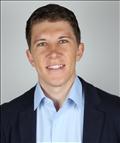
Matthew Samson
- Alumni
- Australia
- 2014 PhD Psychology
- Trinity Hall
In versions one to three of this biography, I tried my best to show everyone why I think I’m a worthy Gates Scholar. I drew continuities between my different extra-curricular activities and my current research. In truth, I just did things – unexceptional things – because I found them interesting. I was never the brightest person in my class. I stumbled into my local university (you probably haven’t heard of it) after a particularly calamitous and short lived stint in investment banking. I did social psychology because I thought it could give me the edge to overcome my anxiety, captivate that special someone and play better cricket. Ironically, my PhD now focuses on precisely how little psychology speaks to those things. Instead, I argue that psychology can be useful when looking at trends, and that the individual – you – are eminently unknowable. It is this paradigm that guides my current study of happiness at scale… Overall, I am lucky. I’ve progressed down a path that I never planned, and towards a future that might never be clear. I’m just thankful that mum and dad are proud.
To those who are considering applying to Gates/Cambridge: I was rejected outright from Oxford and loads of other universities. My only offer was to Cambridge. I felt like an imposter when I arrived. I don’t anymore. Just give it a go!
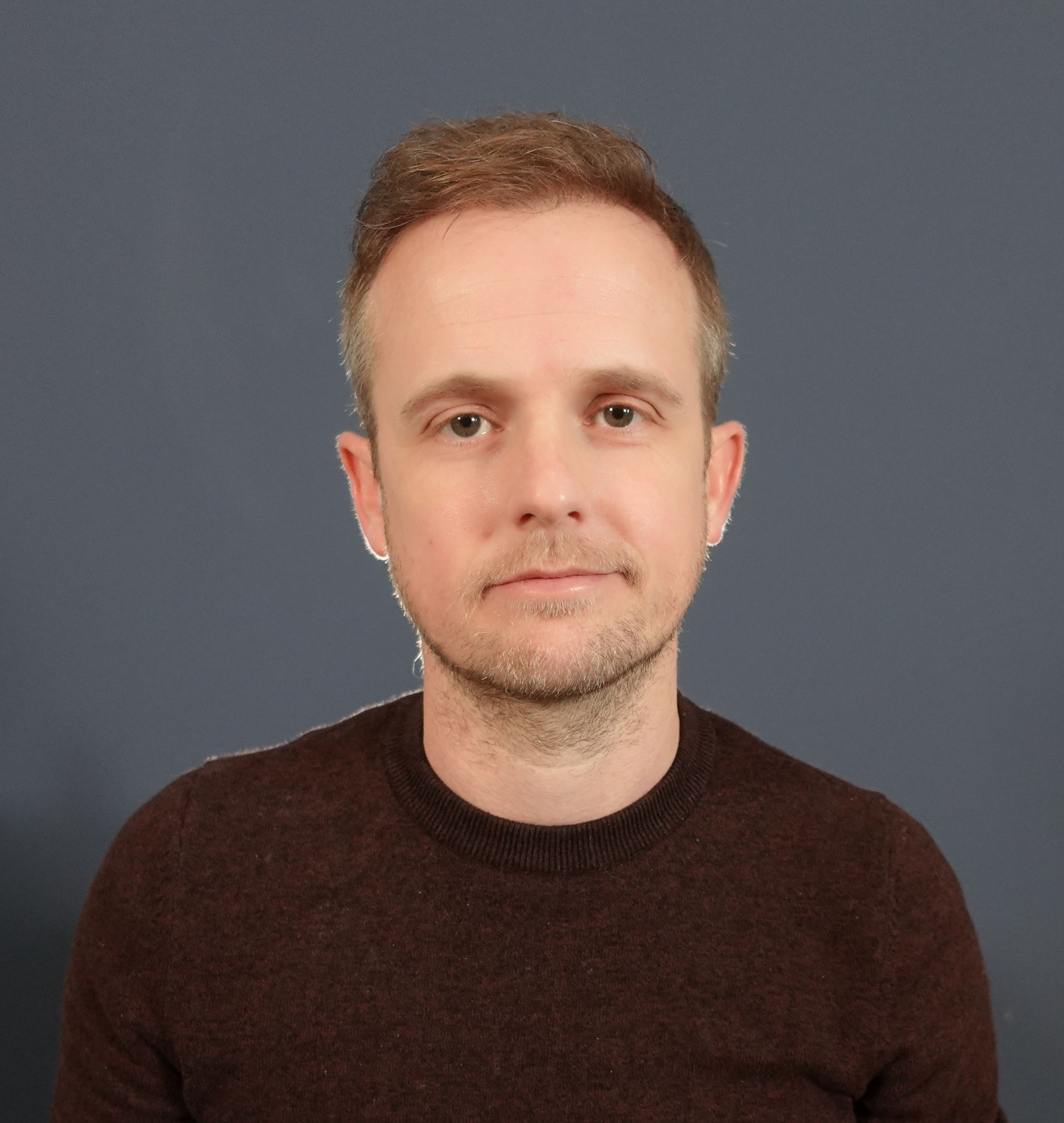
Nathan Hawkins
- Alumni
- New Zealand
- 2016 MPhil Philosophy
2017 PhD Philosophy - Gonville and Caius College
‘What is truth?’ Pontius Pilate (John 18:38)
It’s an old question. But one that has taken on new importance in an age increasingly labelled ‘post-truth’. One core part of the question is what determines truth. Some claim that truth is a subjective notion, perhaps determined by an individual's perspective. Others think truth is objective, determined by the configuration of the world. Each approach raises more questions. How does an individual's perspective/the world determine what is true? Are there really two notions here that have become confused, or is only one plausible? It also seems difficult to see how either approach explains mathematical truths such as 2+2=4.
My PhD thesis studies the concept of truth. In particular, the way the notion was understood by German mathematician-cum-philosopher Gottlob Frege. Frege holds a unique perspective on truth. He claims that truth is indefinable. And yet he also holds that it is a substantial notion that grounds all factual claims. This gives him a unique perspective on the role of logic. While science studies truths, logic studies truth itself. For logic describes the laws of truth, which are the laws by which we reason. So logic, for Frege, is the fundamental science.
This suggests a middle road. Perhaps truth resides (first and foremost) in the inter-subjective experience of correct thinking. In the law-like principles of valid reasoning. 2+2=4 is true, not because the world is arranged a certain way, nor because we have collectively or individually decided to treat this claim as true, but because we cannot reason that it is false. It is true because it is an absolute inter-subjective fact. Truth is a notion grounded in the interaction between thinking subject(s) and thought about object(s).
(While in New Zealand, I studied a BA with a double major in Philosophy and Mathematics, as well as an MA Philosophy. Since arriving in Cambridge I have completed an MPhil in Philosophy (also as a Gates scholar) and am now engaged in a PhD.)
Previous Education
Massey University
University of Cambridge








